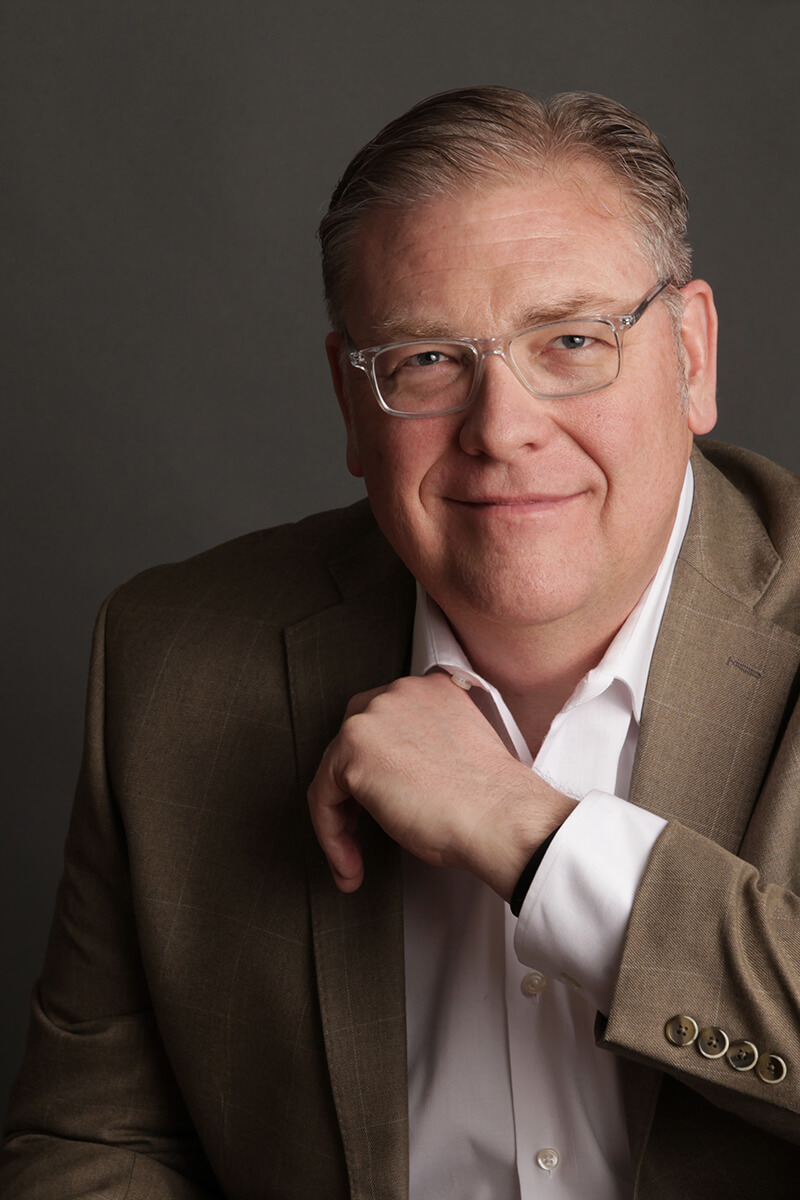The Writing Degree
Disclaimer: Like starting a writing group, or attending a writers’ conference, earning a writing degree can be a terrific way to procrastinate and avoid the hard, solitary work of writing. However, assuming you’ve nailed this prerequisite and your writing discipline is in place, the writing degree – what we’ll call the MFA (Masters of Fine Art in Creative Writing) – can be a time of true growth and development in the craft.
Here is what an MFA can do for you, or did for me:
1. Exposure to writers. It is easy, as a writer without a creative community, to have few if any conversations about writing with other writers. Yet, as in any other craft, this is a key element in development. The MFA afforded me many formal and informal conversations and lectures with and by writers. I heard from peers (poets, journalists, screen-writers, essayists, and fiction writers), faculty (Dan Barden, Ben H. Winters, Hilene Flanzbaum, Micah Ling, Michael Dahlie, Allison Lynn, Greg Schwipps), and visiting writers (Natasha Trethewey, Richard Price, Benjamin Percy). The instruction you gain from these interactions is an important ingredient in the invention of yourself as a writer.
2. Forced production. In the MFA program you are given assignments. Not like high school or college. Large, open-ended assignments. “Write some fiction. Submit it by Tuesday.” You are in a position where you must write, you must do battle with your work. You can procrastinate if you wish, but you’ll let yourself and a bunch of other people down in a new and different way. You’ve made space in your life by going to grad school and you’re spending money. It’s time to turn pro.
3. A structure of critique. You and your wife are not your key readers anymore. You take your work into the world of the creative writing workshop. Surgery is performed on your work while you stand by, your arms behind your back, no anesthesia. You are faced with the strengths and weaknesses of your skill. And you develop the muscle of providing practical, creative feedback in return – not as a reader, but as a writer.
Before you run off and apply to a program, have a reason for earning your MFA. Mine was instruction. I wanted an education in the craft. Some of my peers were writers who wanted to teach. Take your reason into the program, and in accomplishing that you’ll get much more as well.


No Comments